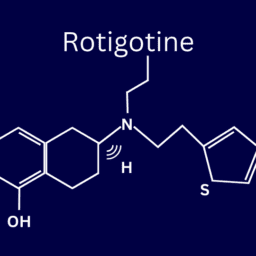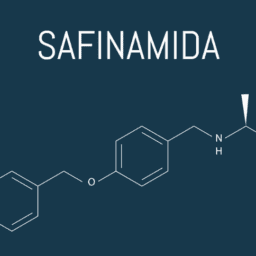Written by Umer Akbar, MD | Brown University, RI
Methylphenidate (MP), better known by its brand name, Ritalin, is popular for its use in the treatment of children with ADHD. It was FDA approved in the 1950s and became increasingly prescribed in the 1990s. MP has since been used for other disorders, including narcolepsy, refractory depression and fatigue caused by medical and neurological disorders.
Fatigue in Parkinson’s is a common problem encountered by one-third to one-half of people with the disease. Parkinson’s fatigue is often unrelated to the disease severity and overall motoric (physical) disability. Medications used to treat the motor symptoms of Parkinson’s typically do not improve fatigue, and treatment specific to fatigue is lacking.
MP is a psychostimulant which has seen an increase in off-label use (without FDA approval) to treat Parkinson’s fatigue. MP works by decreasing the reuptake (or breakdown) of neurotransmitters, like dopamine and norepinephrine, thus making them available longer in the synaptic cleft (space between two communicating neurons) where the chemicals can act on the receiving brain cells.
The effectiveness of MP has been studied in a randomized placebo-controlled study of 36 subjects who were assigned to receive 10mg three times daily or placebo for six weeks. Although an improvement in scores on fatigue scales was observed in the MP group, the improvement was not significantly greater than the placebo group. This study was too small to definitively determine whether MP is more helpful than placebo so was inconclusive in definitively proving that MP does or does not work. More studies are needed to prove the effectiveness of MP on fatigue in Parkinson’s.
Based on their clinical experience, many physicians are recommending that patients try MP for Parkinson’s fatigue, especially when quality of life is greatly impacted.
For example, I treated a 55-year-old patient who had been developing symptoms of Parkinson’s about two years before he came to see me. His mobility, gait, speech and other motor symptoms were mild, but he was debilitated by his inability to perform simple math or any cognitive task that required him to focus. He had difficulty concentrating and would fatigue quickly when performing simple calculations. He described his condition as “feeling mentally exhausted as though he had not slept for days.” I prescribed him MP and this improved his cognitive fatigue sufficiently that he could return to work, albeit only part-time.
MP is generally well-tolerated. The most common side effects in the MP group were irritability, insomnia, hypertension and hallucinations. In general, decreased appetite, insomnia and nervousness are most frequently reported side effects. Given its similarity to amphetamine, MP has the potential to be addictive and cause dependence, so close adherence to physician’s instructions is critical.
MP should not be used concomitantly with a class of medications called monoamine oxidase (MAO) inhibitors or non-specific MAO inhibitors (e.g., phenelzine and tranylcypromine). MAO type-B inhibitors, like selegiline and rasagiline, have a more specific mechanism of action, so the risk of interaction with MP is much lower, thus many experts are comfortable prescribing these medications concurrently. MP should also be avoided in people with tics and agitation. Since MP is a stimulant medication, there is, at least in theory, a risk of worsening seizures, so caution is advised.
MP is an old drug that may have newer uses; it may have potential to help people with Parkinson’s. As with all medications, discuss the risks and benefits of MP with your neurologist and other healthcare team members before deciding if it is right for you.
How to Talk to Your Doctor
If you want to talk to your doctor about medications or any other concerns you have, we put together a great video with great strategies for making the most out of your time together. You can watch the video here, and be sure to check out all of the videos we have on our YouTube channel and subscribe so you’re the first to know when we share something new.









I’m a 74 yr old male , married , children and grand children. My diagnosis of Parkinson’s started in 2013 in Wilcox hospital here on Kauai, HI. I have a real problem with Dr.s in the VA in Kauai. I started the protocol in the last 3or 4 years. The Psychiatrist and neurologist that I worked with prescribed Ritalin as a way to fight the debilitating fatigue with PD. It is working well, except for the doctors that don’t under stand the benefits of Ritalin with the drugs in PD, There are no interactions, and the benefit of living a better life is worth exploring. Dr Skip Rush, Princeville HI. Mahalo, Dr Rush.